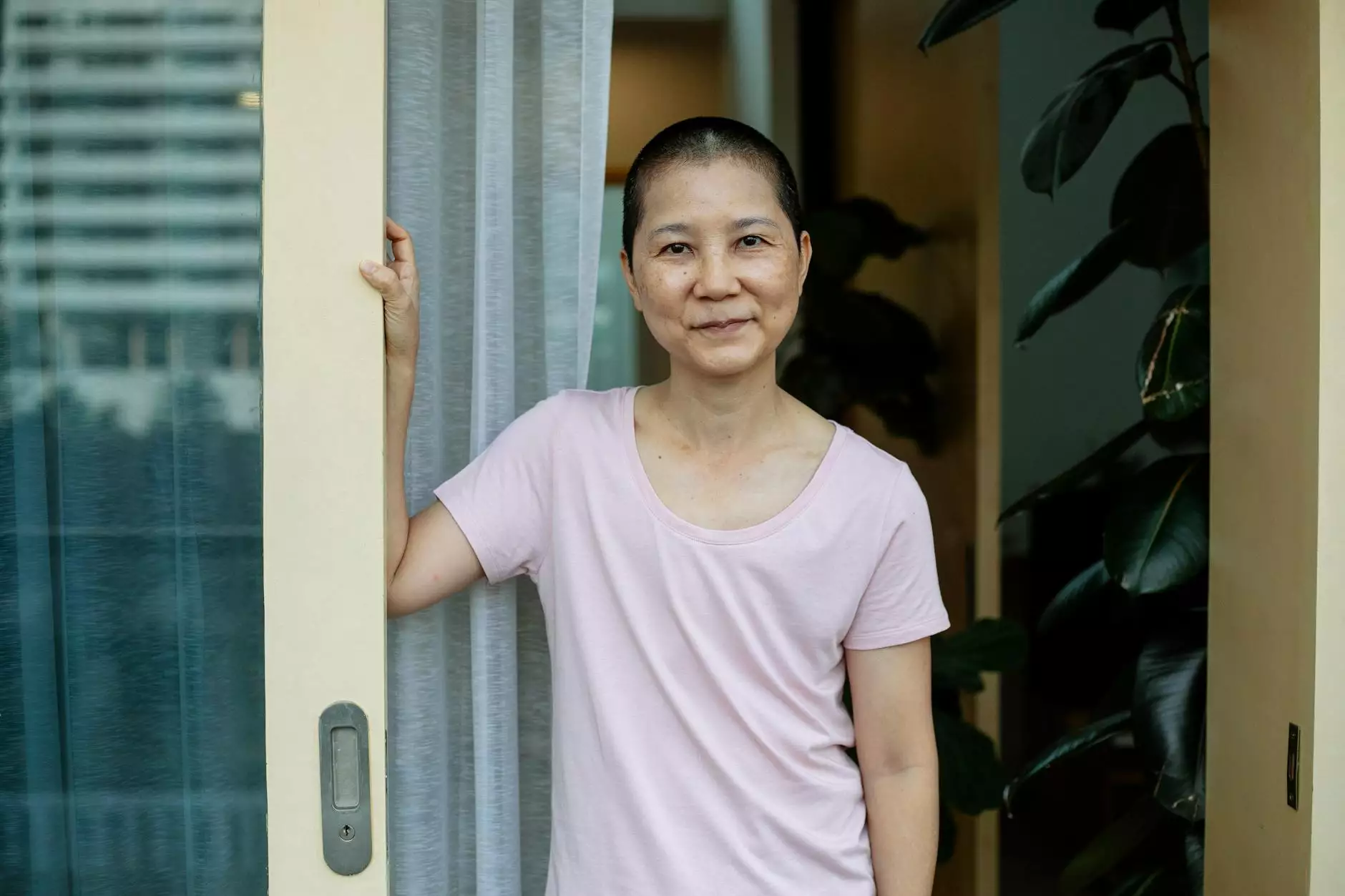Why Choosing an Oncology Specialist is Crucial for Effective Cancer Treatment

Cancer is a complex and multifaceted disease that requires specialized knowledge and treatment approaches. When facing a cancer diagnosis, one of the most significant decisions you will make is choosing an oncology specialist. This article delves into the essential aspects of oncology specialists, their roles, the benefits of specialist care, and how to select the right one for you or your loved one.
The Role of an Oncology Specialist
Oncology specialists are medical doctors who diagnose and treat cancer. Their focus extends across various types of cancer, employing a comprehensive and multidisciplinary approach to care. The primary roles of an oncology specialist include:
- Diagnosis: Utilizing advanced imaging technologies and lab tests to diagnose various cancer types accurately.
- Treatment Planning: Collaborating with a team of healthcare professionals to develop tailored treatment plans based on the patient's specific needs.
- Management of Therapy: Administering chemotherapy, radiation therapy, and other modalities, and monitoring patients for side effects and effectiveness.
- Patient Support: Providing emotional support, education, and resources for patients and their families throughout the treatment process.
Why You Should Consult an Oncology Specialist
The journey through cancer treatment can be daunting. Consulting an oncology specialist ensures that patients receive the most effective and latest care options available. Here are several reasons why consulting an oncology expert is paramount:
1. Access to Specialized Knowledge and Skills
Oncology specialists undergo extensive training and education beyond general medical school. This includes:
- Residency in Internal Medicine
- Fellowship in Oncology
This specialized training equips them with the skills to navigate the complexities of cancer treatment.
2. Comprehensive Care Beyond Treatment
Oncology specialists often coordinate care with other medical professionals, including surgeons and radiation therapists, ensuring that a patient’s treatment is cohesive and synergistic. This interdisciplinary approach enhances outcomes and improves the patient's overall experience.
3. Access to Cutting-Edge Treatments and Clinical Trials
Oncology specialists frequently have access to the latest research and clinical trials, which may provide patients with innovative treatment options that are not available elsewhere. This is particularly important in a field where advancements in treatment occur rapidly.
4. Personalized Treatment Plans
Each cancer type is unique, as are the patients who have them. Oncology specialists are adept at creating individualized treatment plans based on factors such as:
- Type of cancer
- Stage of the disease
- Overall health of the patient
- Patient preferences and support systems
How to Choose the Right Oncology Specialist
Finding the right oncology specialist can significantly influence your cancer journey. Here are key factors to consider when making your choice:
1. Qualifications and Credentials
Look for an oncology specialist who is board-certified in oncology. This ensures they have met the rigorous standards set by the medical field to practice in this specialty.
2. Experience with Specific Cancer Types
Cancer comprises numerous types, and not all oncology specialists see every one. Research the specialist's experience with your specific diagnosis. It’s prudent to choose someone who has substantial experience treating cases like yours.
3. Approach to Treatment and Communication
Your comfort with the specialist's communication style and treatment philosophy is critical. During initial consultations, take note of how they explain diagnoses and treatments. An effective oncology specialist should be:
- Accessible
- Empathetic
- Willing to answer all questions
- Open to considering patient input in the treatment plan
4. Supportive Resources
A good oncology practice will offer resources that can help you navigate your treatment. Look for specialists that provide:
- Support groups
- Nutrition counseling
- Psychological support
- Patient education materials
Health Care System and Insurance Considerations
Before finalizing your choice of an oncology specialist, check with your health insurance provider to verify coverage of their services. Understand the financial aspects of treatment, as cancer care can be costly.
Conclusion
Choosing the right oncology specialist is a crucial step in navigating your cancer treatment journey. With specialized knowledge, patient-centered care, and access to the latest treatment options, oncology specialists play an integral role in improving outcomes for cancer patients. By considering their qualifications, experience, and approach to treatment, you can make an informed decision that supports your health and well-being.
Final Thoughts
When facing cancer, remember that you are not alone. Numerous resources, support systems, and specialists are available to accompany you on this journey. Reach out, ask questions, and find the right oncology specialist for you. Your health is worth it.









